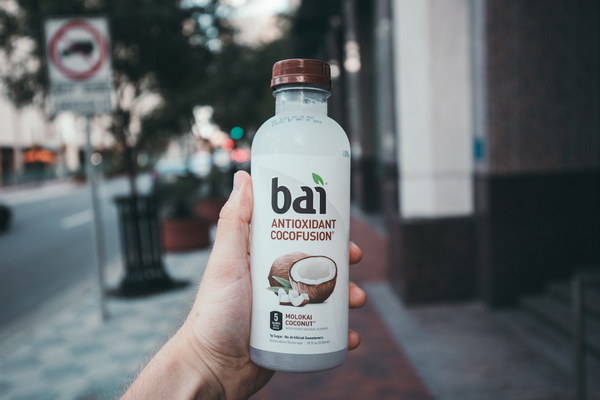Revitalizing Liver Health A Comprehensive Guide to ThyroidSpecific Hepatoprotective Medications
In the intricate dance of the human body, the thyroid gland and the liver play pivotal roles in maintaining overall health. When these two vital organs are affected by conditions such as hyperthyroidism, known as thyrotoxicosis or hyperthyroidism, it is crucial to address both the thyroid and liver concerns simultaneously. This article delves into the world of thyroid-specific hepatoprotective medications, exploring their importance, benefits, and how they can revitalize liver health.
Hyperthyroidism, characterized by an overactive thyroid gland, can lead to a cascade of health issues, one of which is the potential damage to the liver. The liver, an essential metabolic hub, performs several critical functions, including detoxification, protein synthesis, and energy production. When hyperthyroidism strikes, it can overload the liver with metabolic waste and hormones, causing inflammation and even liver damage.
Enter thyroid-specific hepatoprotective medications, which are designed to safeguard the liver against the adverse effects of hyperthyroidism. These medications work by reducing the workload on the liver, promoting healing, and preventing further damage. Here's a closer look at how these medications can revitalize liver health.
1. Antithyroid Drugs: The cornerstone of thyroid-specific hepatoprotective therapy, antithyroid drugs such as methimazole (MMI) and propylthiouracil (PTU) target the thyroid gland itself. By inhibiting the production of thyroid hormones, these medications help to alleviate the symptoms of hyperthyroidism and reduce the strain on the liver. Additionally, antithyroid drugs have been found to have antioxidant and anti-inflammatory properties, which can aid in liver protection.
2. Beta-Blockers: While primarily used to manage the cardiovascular symptoms of hyperthyroidism, beta-blockers such as propranolol and atenolol also offer liver-protective benefits. By blocking the effects of adrenaline, beta-blockers help to reduce the metabolic workload on the liver and alleviate inflammation, thereby promoting liver health.
3. Glutathione: A powerful antioxidant, glutathione plays a crucial role in protecting the liver from oxidative stress and inflammation. Some thyroid-specific hepatoprotective medications, such as N-acetylcysteine (NAC), are designed to increase glutathione levels in the liver, thereby enhancing its protective effects.

4. Ursodeoxycholic Acid (UDCA): This bile acid derivative has been shown to improve liver function in individuals with hyperthyroidism. By promoting the excretion of bile acids and reducing inflammation, UDCA can help to alleviate the strain on the liver and prevent further damage.
5. Lifestyle Modifications: While medications are crucial in managing hyperthyroidism and protecting the liver, lifestyle modifications also play a significant role. Adopting a healthy diet, engaging in regular physical activity, and avoiding alcohol and other hepatotoxic substances can all help to revitalize liver health.
In conclusion, thyroid-specific hepatoprotective medications offer a promising approach to addressing the complex interplay between hyperthyroidism and liver health. By targeting the thyroid gland, reducing inflammation, and promoting liver healing, these medications can revitalize liver function and improve overall well-being. However, it is essential for individuals with hyperthyroidism to work closely with their healthcare providers to develop a comprehensive treatment plan that addresses both thyroid and liver concerns effectively.









